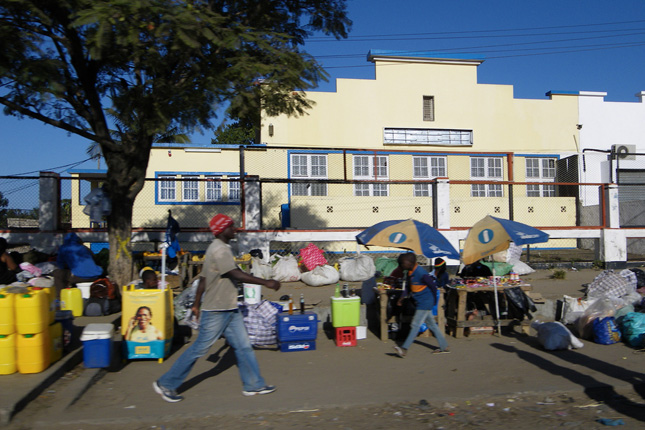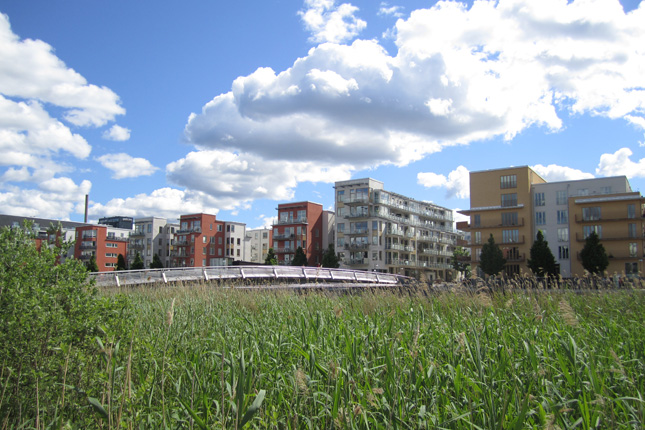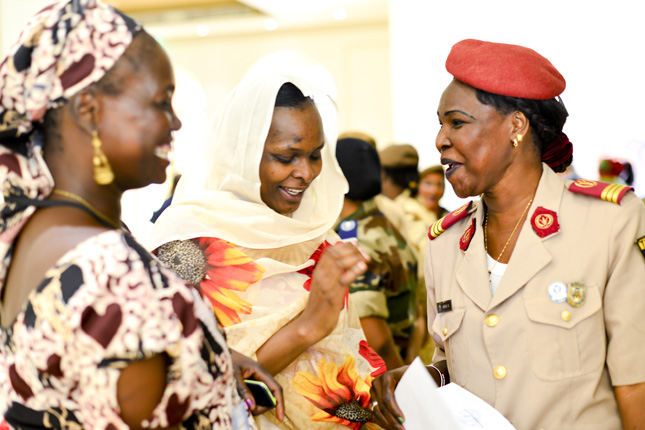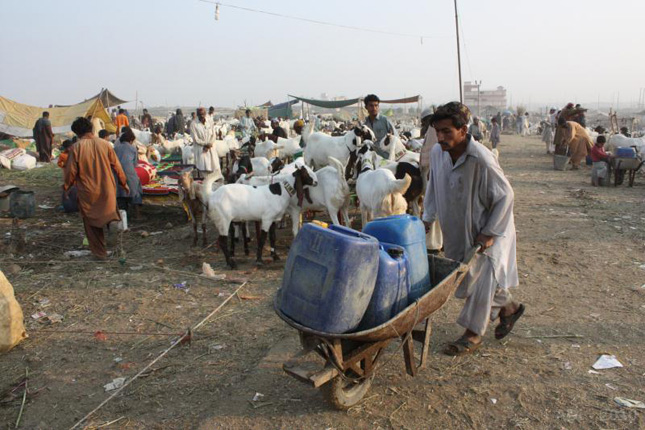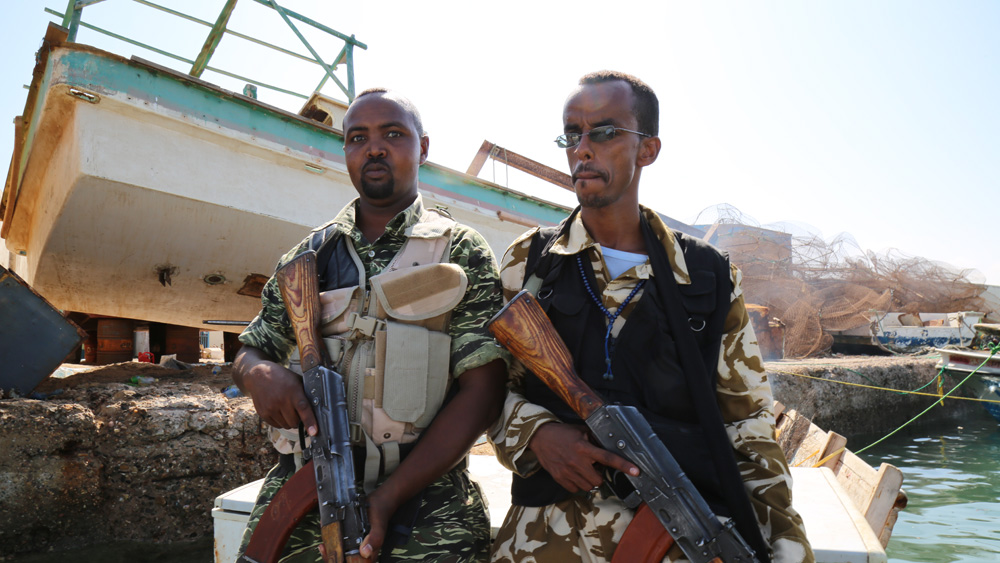-
Dr. Belen Garijo: “I Believe We Need To Do Better” For Caregivers Across The World
› “As many as 865 million of our mothers, daughters, [and] sisters across the globe are not reaching their full potential to contribute to their national economies,” said Dr. Belén Garijo, CEO for healthcare and executive board member of Merck KGaA, Darmstadt, Germany, at a recent Wilson Center event. The act of caregiving, and the physical and mental health impacts that accompany it, often disproportionately rest on the shoulders of society’s women.
“As many as 865 million of our mothers, daughters, [and] sisters across the globe are not reaching their full potential to contribute to their national economies,” said Dr. Belén Garijo, CEO for healthcare and executive board member of Merck KGaA, Darmstadt, Germany, at a recent Wilson Center event. The act of caregiving, and the physical and mental health impacts that accompany it, often disproportionately rest on the shoulders of society’s women. -
The Costs of Caring: Balancing the Burden of Caregiving for Women and Men
›
“The act of caregiving has unique impacts on women, in terms of economic, emotional, and physical well-being,” said Dr. Belén Garijo, the CEO for healthcare and executive board member of Merck KGaA, Darmstadt, Germany, at a recent Wilson Center event.
-
Go Tell the Crocodiles: Chasing Prosperity in Mozambique
›
Just outside Nampula, in northern Mozambique, a huge granite dome overlooks the city, 500 feet high and a half-mile across. All along its southern flank, hundreds of men work in small groups, whittling away at the rock face with sledgehammers and picks. Smoke rises before dawn until well after dusk, as they stoke fires to heat the granite and use crowbars to prize free tombstone-sized slabs. Day by day, the mountain is carted away by the wheelbarrow-full. It’s backbreaking work that yields barely enough to live. Yet these informal quarries are nevertheless among the region’s largest employers. Certainly, more people have found work here than with Kenmare Resources, the Irish company that has sunk more than US$1 billion into mining titanium deposits along the nearby coast.
-
The Rohingya Refugee Crisis: Photos Show Bangladesh Camps Are Vulnerable to Impending Monsoons
› -
Bioshields: Old Tools for a New Climate
›
Natural bioshields—wetlands, forests, and urban green spaces—are critical tools for reducing the impacts of disasters on vulnerable communities. Between 1994 and 2014, nearly 7,000 natural disasters occurred worldwide, causing an average of almost 68,000 deaths each year. Climate change, growing populations, and widening economic inequality are all expected to increase the impacts of disasters. Bioshields—nature’s own solutions to natural hazards—can help protect people from these dangerous floods, storms, and heat waves.
-
Climate Change and Conflict: New Research for Defense, Diplomacy, and Development
›
“Climate is unquestionably linked to armed conflict,” said Halvard Buhaug, a professor at the Peace Research Institute Oslo and the Norwegian University of Science and Technology, at a recent Wilson Center event marking the end of the three-year Climate Anomalies and Violent Environments (CAVE) research project. But, he stresses that under a changing climate, exactly how and through what pathways is still a subject of much debate in the academic community.
-
The Next “Day Zero”: Water Scarcity and Political Instability Beyond Cape Town
›
Cape Town is running dry. But thanks to its sophisticated water management efforts, the city may ride out the crisis. However, other cities that lack these capacities are less likely to survive Day Zero. Especially in developing countries, where urban water services are often provided by informal or illegal actors, running out of water could have dangerous ripple effects for peace and security.
-
Somali Pirates Return as Illegal, Unregulated, and Unreported Fishing Continues in the Gulf of Aden
›After pirates hijacked an Iranian fishing vessel last year near Bosasso, a major seaport in Puntland, Somalia, local authorities observed that the offending boat was casting nets without a license. While piracy has diminished since 2008-2012, when these waters became some of the most lawless in the world, a spate of incidents in 2017-8 has made it clear that the conditions that led to piracy—including incursions from foreign fishing boats—are still a major problem.
Showing posts from category development.


 “As many as
“As many as 